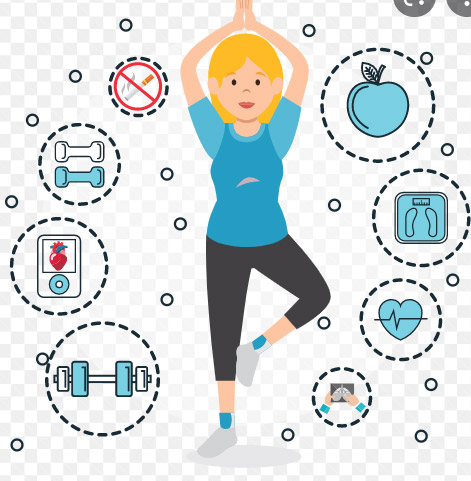Compared with today, the life of patients in ten years will be very different. Smartphones and wearable devices will not only be used for taking pictures and sending information. They will help us stay healthy.
Whether through wearable devices, rapid digital tests, or smart phones that integrate additional functions, digitalization is fundamentally changing the medical industry. And everyone's health care has also changed. Medical care services will be more personalized and autonomous, free from geographical constraints. Diseases will be better controlled, and chronic diseases will be easier to monitor. If the critical value is about to be reached, the algorithm will issue a warning to remind us. Even if the user is far away from the medical center, artificial intelligence can provide medical decision support through cloud connections.

As tof sensor module become smaller and smarter, these developments will become possible. The digitally processed light can penetrate the skin and tissues directly to the blood vessels, opening up new possibilities. With the improvement of digitalization and the rapid development of deep learning, we can observe various health parameters around the clock without leaving home.
